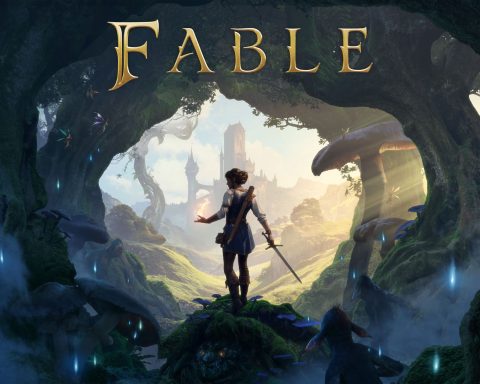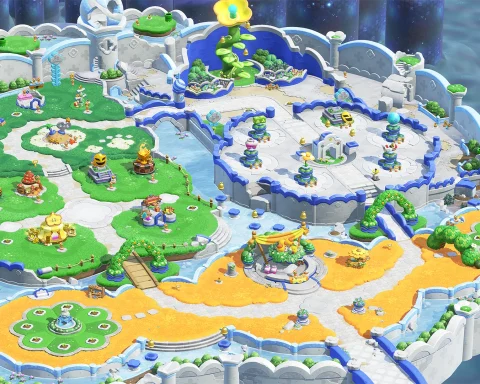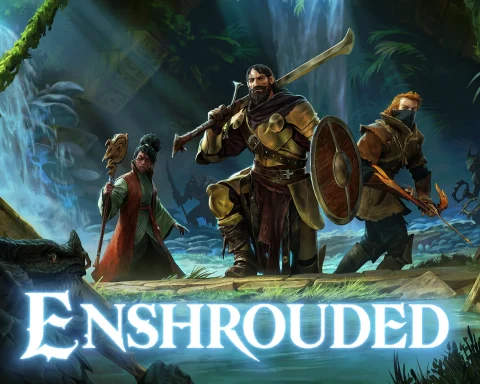If you’ve been following recent gaming news, you likely have run into Double Fine’s record-breaking Kickstarter campaign, which has raised more than $3 million for a game that was refused by many major publishers.
Due to its success, you can bet that publishers and developers alike have been watching this trend very closely, and now the original Wasteland creators have jumped into the fray with attempting to get a sequel funded via Kickstarter. So, will this success continue? Will this be looked back on as a turning point for the game business, or is this a fluke?
In a way, it’s sad for the business that this has become necessary. Double Fine is an award-winning studio, with many quality retail and digital titles to their credit. So how does this happen? How does a publisher say “no thanks” to a proven studio?
Publishers have become more and more selective when it comes to content. They know what sells, and are less likely to take a financial risk for the sake of creativity. That’s why you see many more games hitting sequel 3, 4, and 5, and fewer original blockbuster games (take a look at the movie industry to see the same trend). That’s not to say all sequels are automatically bad (I’m enjoying Mass Effect 3 quite a bit), but it is unquestionably bad for the industry as a whole if game developers stick to things that they know work, without discovering what else might. So, it is worrying when a proven studio comes up with a creatively diverse idea, and it is pushed aside. And this is how, beautifully, these Kickstarter campaigns fill a void in the business. Even though it shouldn’t have to exist in the first place, it ends up doing the job better than the publishers would. Here’s why:
- Complete creative control for the developers: Since the developers raised the money themselves, they take little financial risk in doing exactly what they, and their backers, want. Which leads to the next point:
- Intimate relationship with the developers: No, you’re not having lunch with Tim Schafer (unless you actually gave them $10,000!). What I mean is, in a small way, you feel like you had a hand in the development of a game. This creates a much more personal connection to the product and the people behind it. If you got a weekly video from Tim & Co. describing how progress on their game is going, you feel like they are talking to you, which they are. Plus, many times you are given exclusive swag for being a backer. Just think, how cool would it be to finish one of your favorite games and see your name under the “special thanks” in the credits. A token of their appreciation, one that you can brag to all your friends about (“And then I killed Bowser. And then he thanked me for supporting the development of the game.”). Finally:
- Cutting out the middleman: This is probably the most important aspect of this. People donate to the developers because they know exactly where their money is going. No overhead, no publishing fee, and if it’s digital, no pressing and stocking. More money literally translates into a better game. Typically, the types of games that are refused like this one are often niche titles that a publisher doesn’t see the financial value in. Cutting that out allows studios and IP’s that have a small but vocal fanbase to fund it directly. Developers get paid 100 per cent for a project, fans enjoy it, the end. They live happily ever after as publishers kick themselves in the corner.
- Obviously, these are fairly high-profile cases. Maybe going forward we won’t see as much success. But for indie, mobile, and smaller digitally downloaded games, we will continue to see this trend move upwards. But it’s also important to note that publishers aren’t completely dying off in the near future. If you write a book, you can self-publish it on the Kindle Store, or if you compose an album, you can release on the many indie music websites all by yourself. But the question is, is long-term success possible without a publisher? This is what many game studios are trying to figure out right now.

So what do you think? Will this be a “Back in my day…” moment for you, or forgotten by next year? How will publishing change moving forward? Is Kickstarter the answer for indie and niche gaming?
– Chris R








A couple of things from my perspective:
1) Let's not forget that $3 million is a tiny, tiny amount. The CryEngine 3 license alone costs nearly half that. Making a big budget game is not possible with $3 million.
2) Double Fine is a massively popular developer. I would suggest that what they earned is, reasonably, the upper limit of what crowdfunded game developers could expect.
3) Following on from 1) and 2), it seems very very unlikely that a AAA-game could be funded by Kickstarter.
I don't see a Call of Duty game being crowdfunded. Publishers will still play a very big role in providing the finances and logistics behind the really big games.
And they should. As nice as it is that indies have this outlet for budgeting their small, innovative games, it would be a sad day indeed the day Activision, EA, Square Enix, Sony and Nintendo stopped publishing games.
I read your article. You allot nice information about double fine. This news is very informative to every one. Thanks for sharing this post with us.
Free Shooting Games